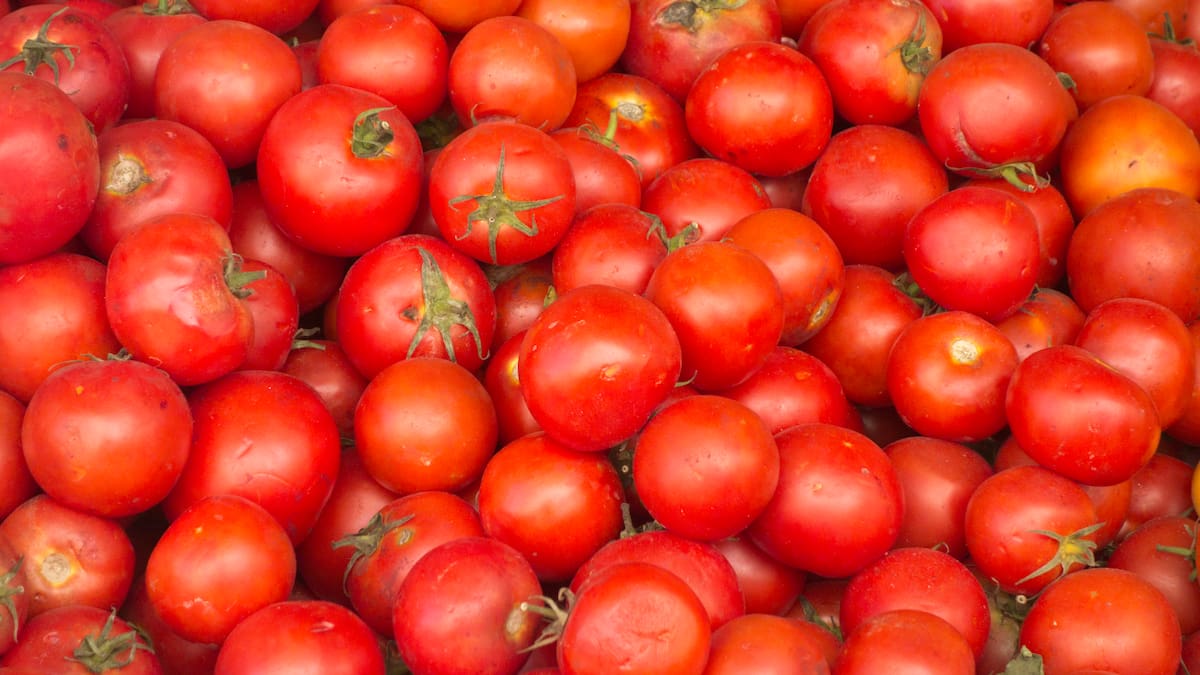“In recent years, Wattie’s has seen a reduction in demand for homegrown canned fruit products and has not been able to recover to the levels it saw prior to the cyclone,” she said.
“Our desire, of course, is for Kiwis to return to the Wattie’s locally grown favourites, but until such time as we see an increase in demand, we are forced to adjust our intake, which has impacted crops such as peaches, beetroot, tomatoes and corn.”
Wattie’s says there has been a reduction in demand for homegrown canned fruit products. Photo / Paul Taylor
She said it contacted affected growers directly and many of them had been partners for years.
“We recognise this is a difficult time for them and their businesses and are committed to helping them through this transition phase.”
The decision to reduce peach production garnered upset among New Zealand consumers online.
However, the company had already warned the Government that alleged dumping of cheaper imports from countries such as China into the New Zealand market would affect local production.
A spokesperson for the Ministry of Business, Innovation and Employment confirmed it was investigating these claims after Heinz Wattie’s filed an application in July into alleged product dumping.
“MBIE is currently progressing step one of the [trade remedy] investigation in accordance with its standard process, with input from participating stakeholders,” it said.
It was working to compile a preliminary findings, essential facts and conclusions report for the applicant by November 7.
The findings would be presented to the Commerce and Consumer Affairs Minister for a decision by January 31.
“MBIE is also considering a request from [Heinz Wattie’s] for provisional measures during the course of the investigation, in line with statutory provisions.”
It followed an earlier investigation several years prior.
Anti-dumping duties on preserved peaches from China were lifted in 2017.
Newsroom reported Stats NZ data included in the Heinz application showed Chinese peach import volumes increased from 300,000kg a quarter in 2018, to a peak of just below 831,000kg in the final quarter of 2024.
– RNZ

